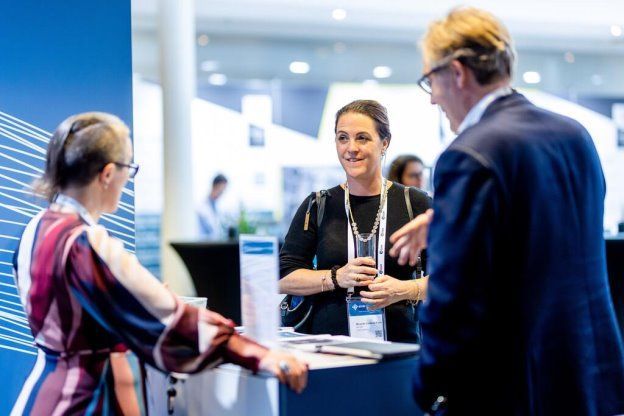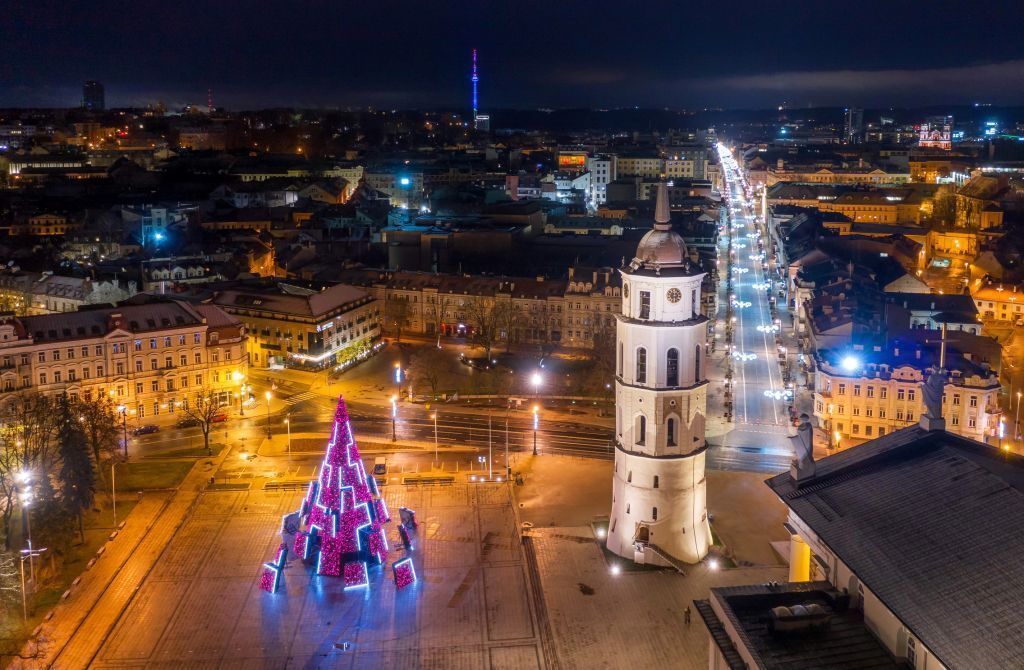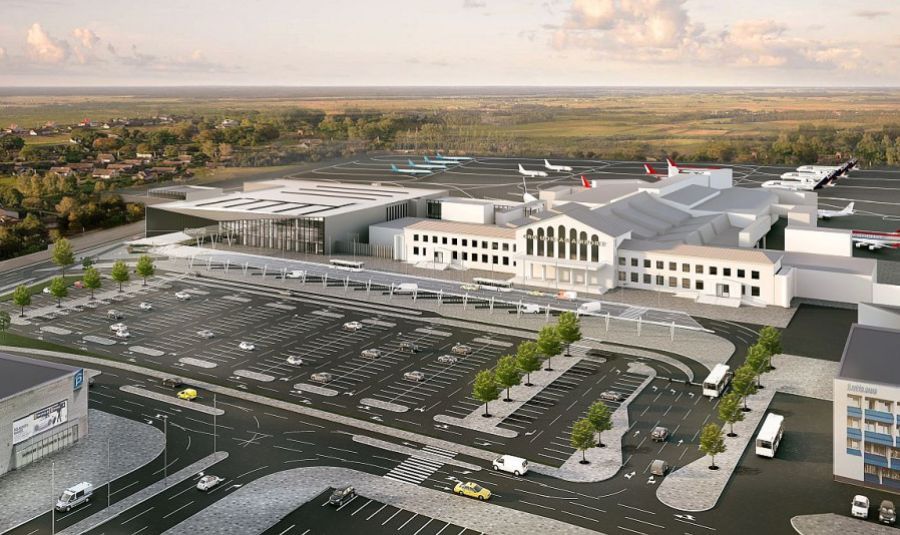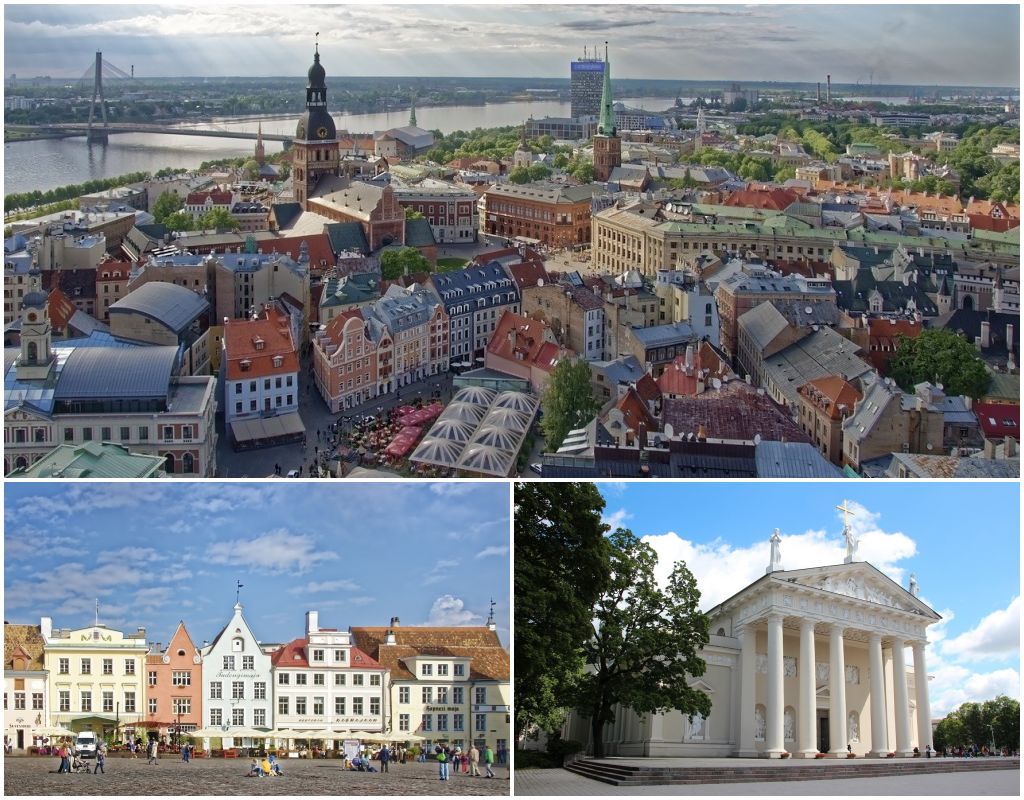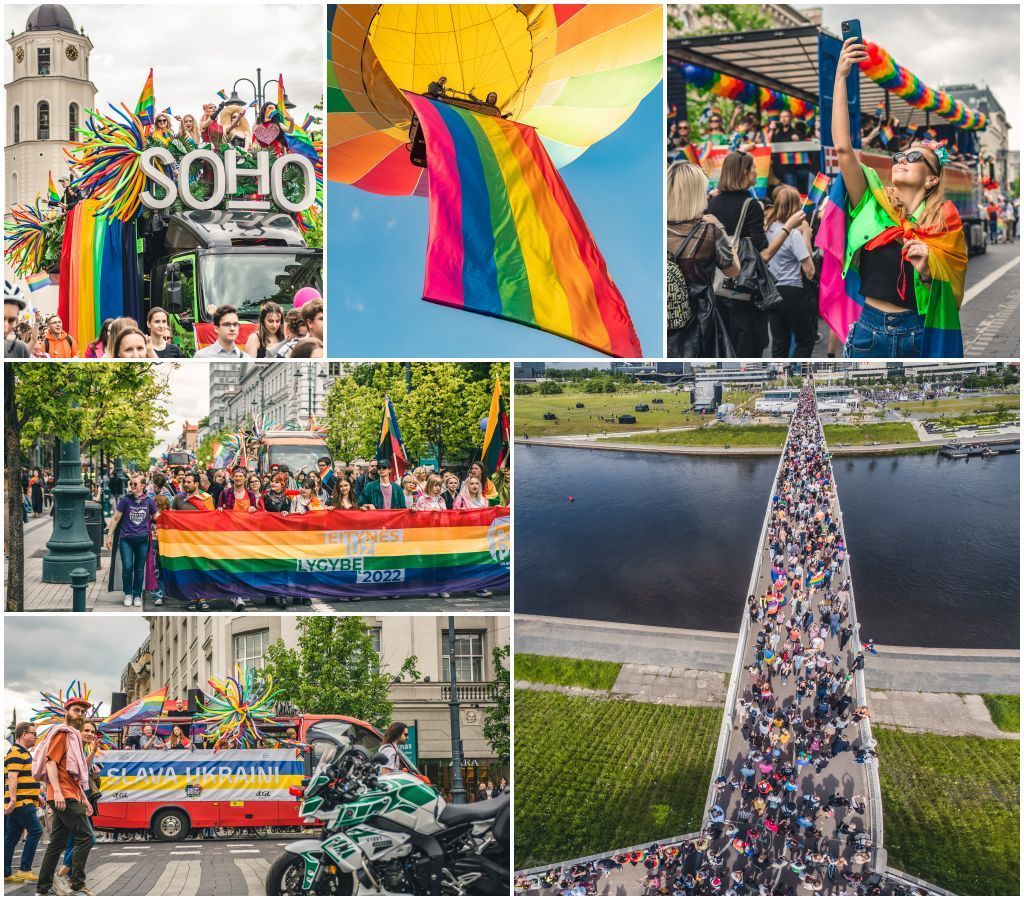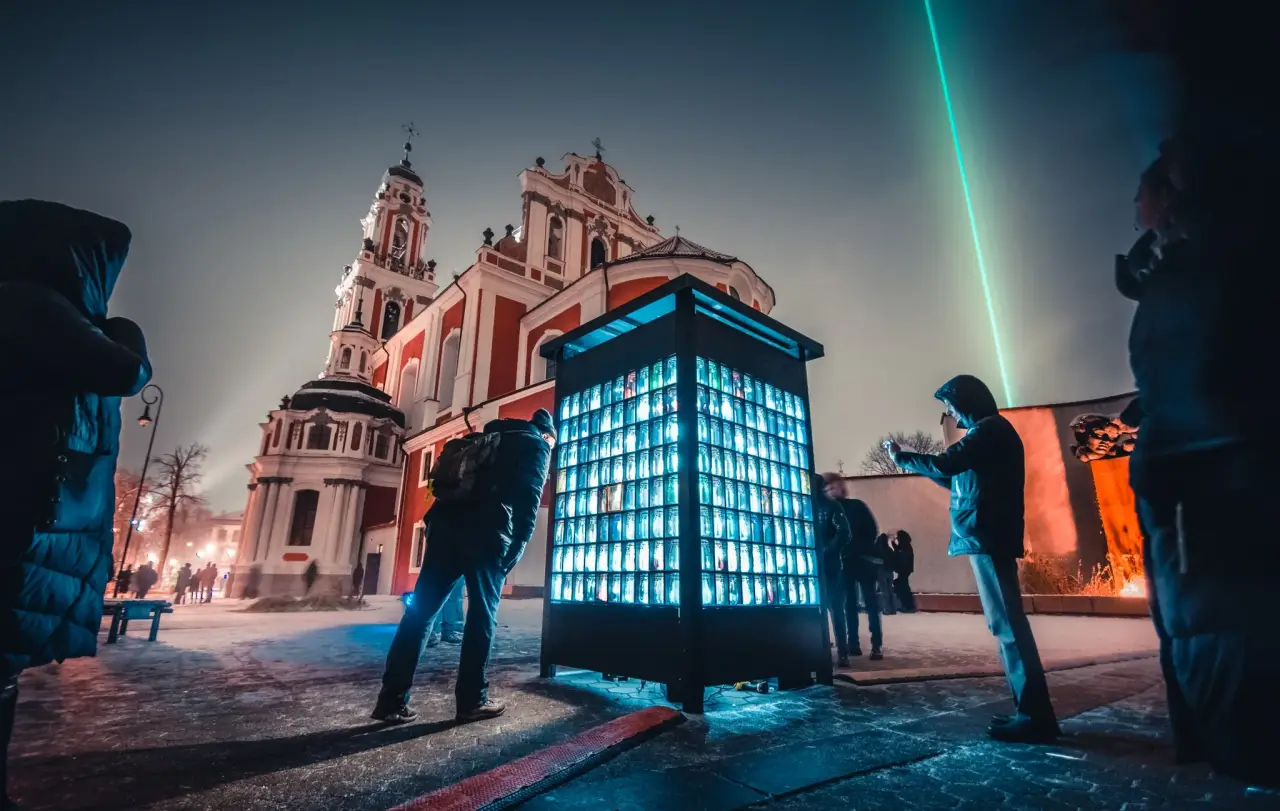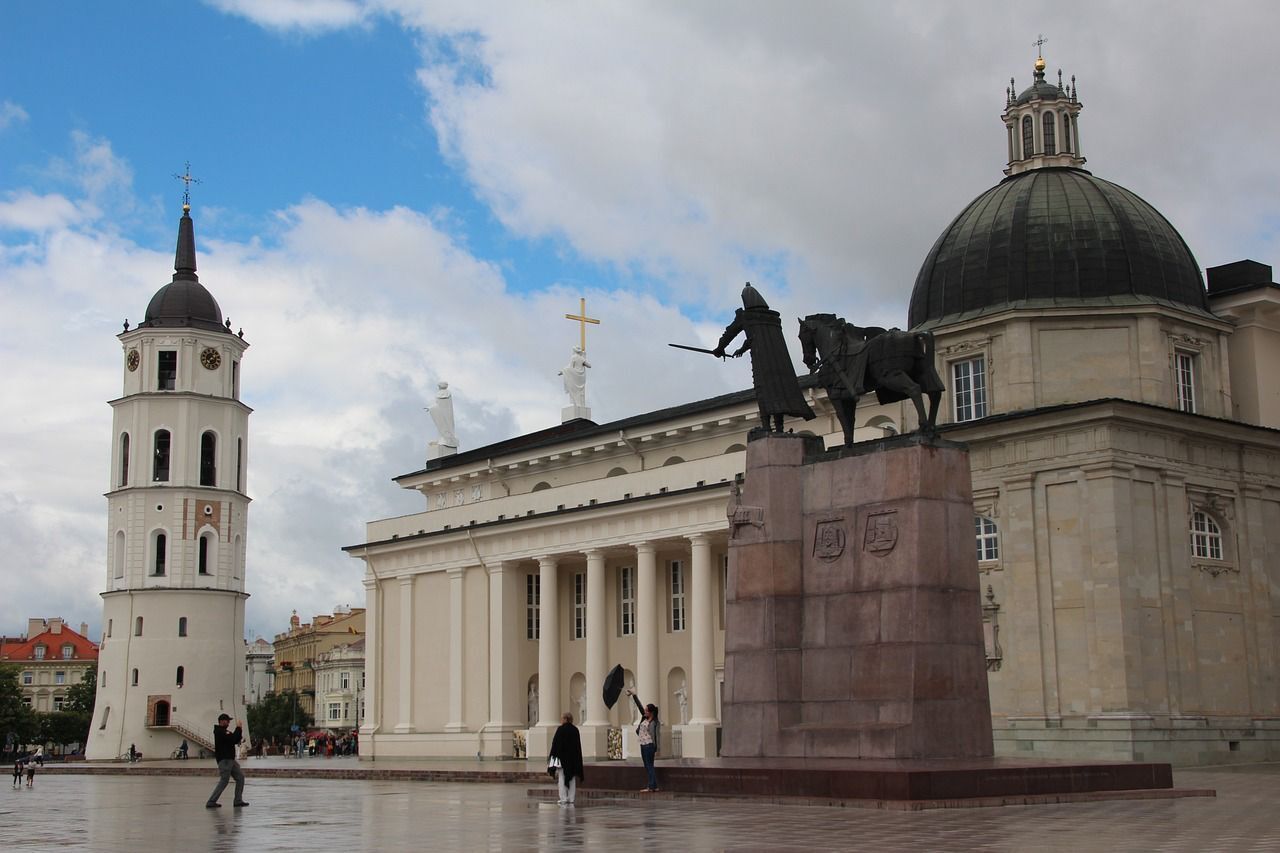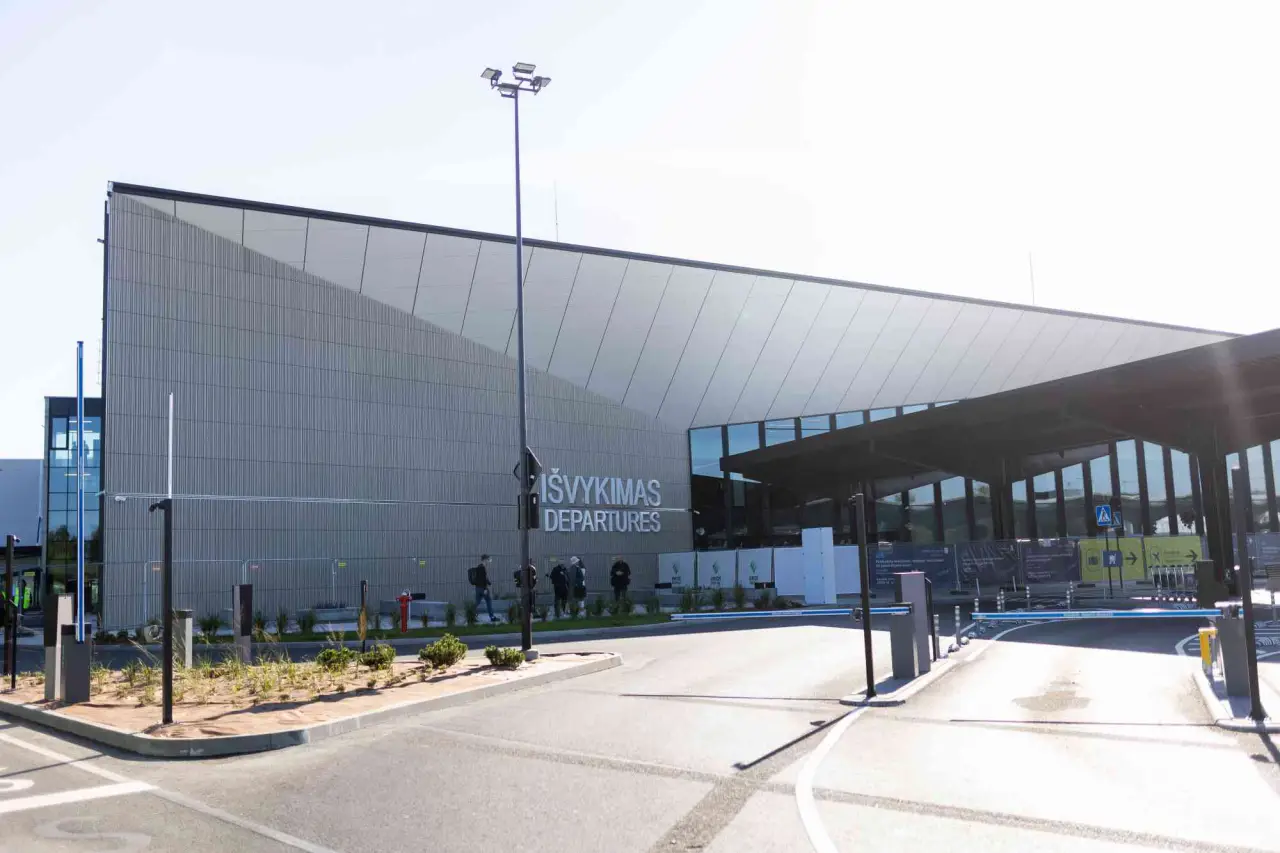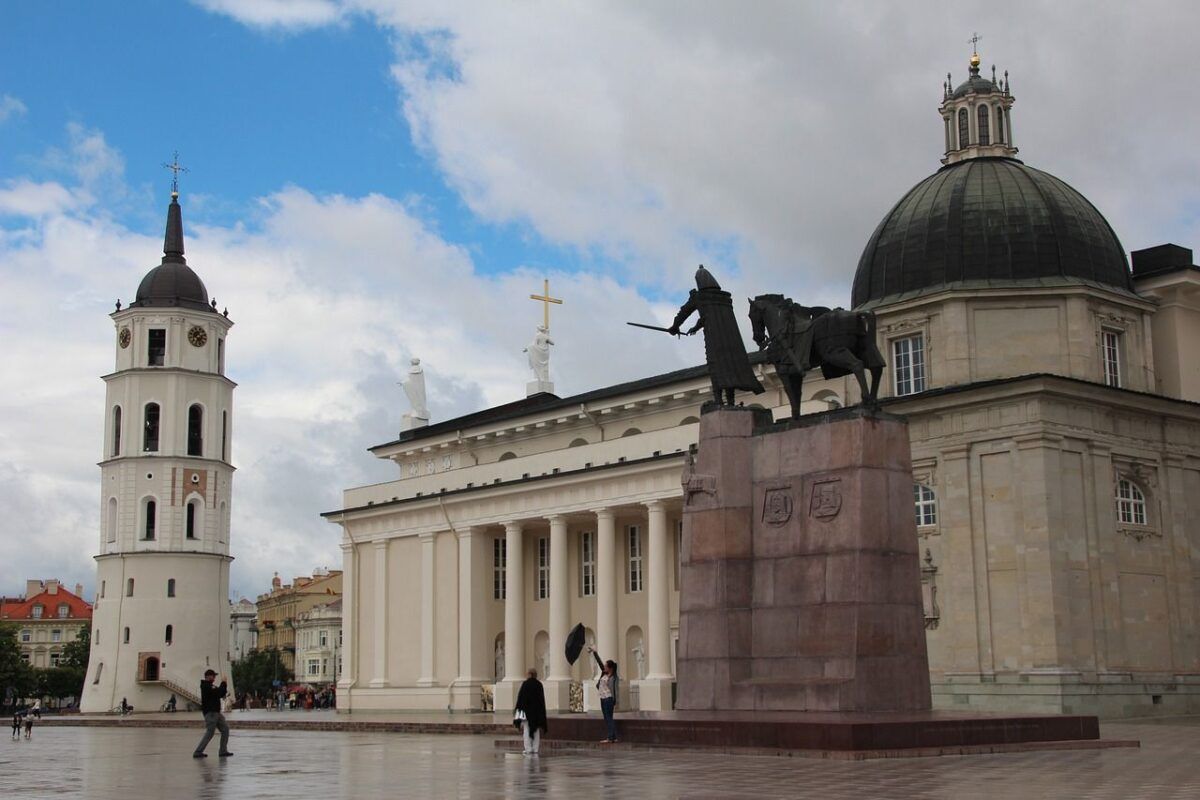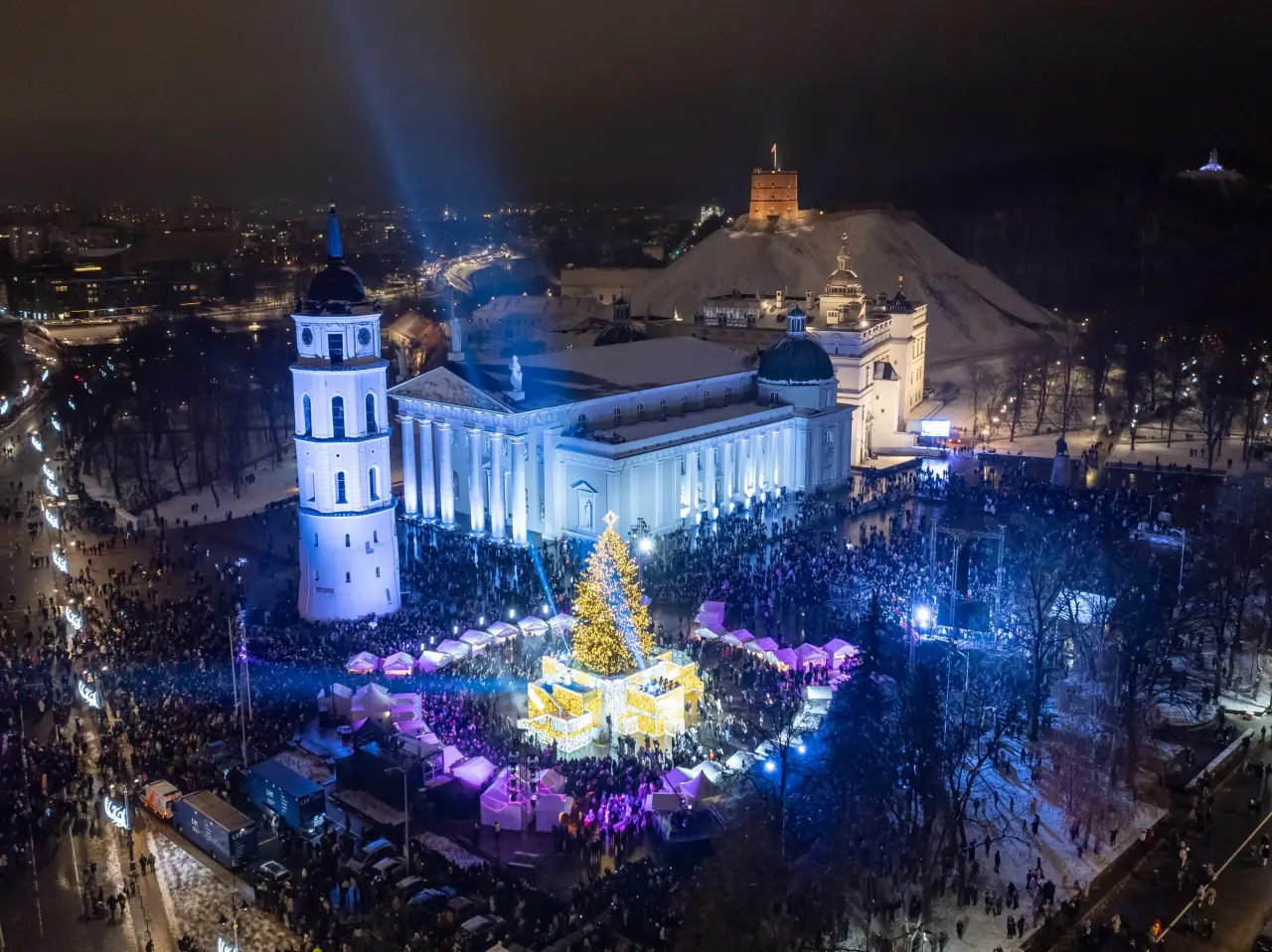Vilnius, the Capital of Lithuania recently hosted the leading event on Industrial Biotechnology and Bioeconomy in Europe, the EFIB Forum 2022 on 26-27 October.
Titled Next Generation Economies: Industrial Biotechnology for a Sustainable Society, the conference aimed to highlight how the industry has a pivotal role to play in creating a more circular, sustainable, and resource-efficient society.
Vilnius was chosen to be the site of this major event for a multitude of reasons, the rapid growth of the city’s life sciences and biotechnology sector and close-knit ties between the local industry and public sector were key. The bid for hosting was written and submitted by the Lithuanian Biotechnology Association (LBTA) together with Go Vilnius, Enterprise Lithuania, Invest Lithuania, the Lithuanian Confederation of Industrialists, and several universities.
Over 300 Lithuanian and foreign leaders in industrial biotechnology gathered at the event to discuss up-and-coming trends and the future of the industry. Speaking at the conference were some of the most well-known industry experts, including Michael Brandkamp, Managing Partner of the European Circular Bioeconomy Fund, Linda Dijkshoorn, CEO and Founder of EV Biotech, and Thierry Breton, European Commissioner for the Internal Market, among others.
Participants from Lithuania included the Minister of Economy and Innovation Aušrinė Armonaitė, President of the Association of Banks of Lithuania Eivilė Čipkutė, Head of Biomatter Designs Laurynas Karpus, Member of the European Parliament Juozas Olekas, and a renowned Vilnius University professor, Vriginijus Šikšnys, who is one of the pioneers of the gene-editing CRISPR-Cas9 gene-editing technology.
Also invited to participate in the event were inventive European startups. They gave presentations of their concepts in a unique Startup Village space, giving them the chance to network and meet investors. 16 companies from Germany, Austria, the Netherlands, Estonia, the United Kingdom, Belgium, and Lithuania were chosen for the final round and exhibited their booths in this area this year. Three entrepreneurs from Lithuania — Cumulatis, Innosensus, and Integral Solutions — presented their goods altogether.
Vilnius — the fastest-growing Life Sciences sector in Europe
The life sciences industry in Lithuania — with over 571 companies and 7,500 workers in the field — is currently booming. The sector had a startling 80% rise during the pandemic, mostly as a result of Lithuanian businesses’ active involvement in the COVID-19 vaccine manufacture.
Also worth noting are the increased revenues of the Lithuanian biotechnology industry, which impressively climbed from €2,000,000 in 2010 to €230,000,000 in 2020. Another significant achievement from the few previous years is Lithuania’s landmark role in the advancement of genetic engineering; the research on CRISPR by Prof. Virginijus Šikšnys and his team are regarded as the most cutting-edge technology in Europe for the previous 25 years.
Furthermore, stakeholders in life science and biotechnology, including the government, business, and academic sectors, are now working to establish best practices, close existing knowledge gaps, and accelerate the sector’s growth so that it will contribute 5% of the nation’s GDP by 2030.
Further growth in these fields is being pursued through the Vilnius TechFusion initiative, which brings together investors, various professionals, and companies from the gaming, laser, and biotechnology industries, announced by the city this Autumn. The goal of a united ecosystem is to increase the city’s reputation abroad, attract additional investment and qualified international personnel, and encourage synergies between these enterprises and the creation of new products. During the two-day conference, EFIB delegates were able to learn more about Vilnius TechFusion and all the benefits it brings.

